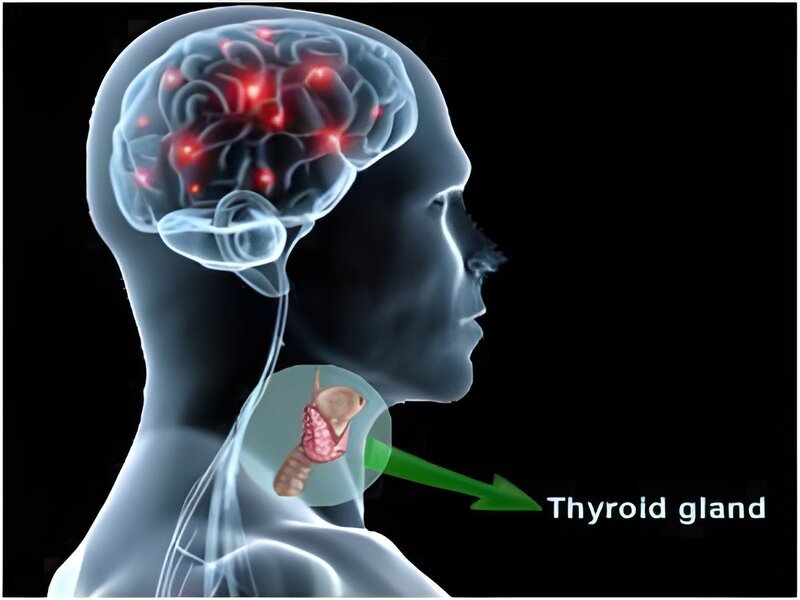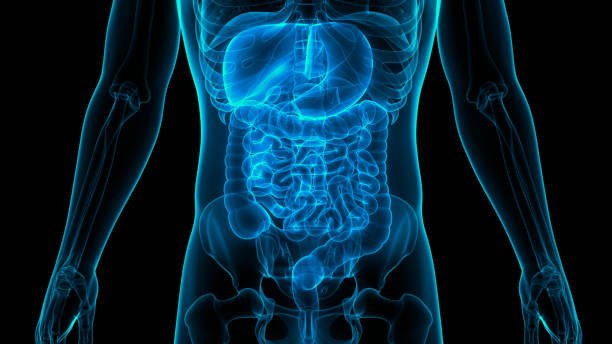Recent scientific findings have uncovered a surprising link between thyroid hormones and fear responses in the brain. Researchers studying the amygdala — the brain's hub for processing emotion — discovered that thyroid hormones significantly influence how fear memories are formed and stored. In experiments with mice, increasing thyroid hormone activity in the amygdala led to the formation of stronger, more persistent fear memories. Conversely, reducing thyroid signaling in this area weakened those memories.
Even more compelling, after a stressful or frightening experience, thyroid-related genes in the amygdala became more active, effectively preparing the brain to adapt and learn more quickly in the future. Remarkably, mice with overall low thyroid levels throughout their bodies still regained normal fear memory responses when hormone levels were restored only in the amygdala. This suggests that local brain thyroid activity plays a critical, independent role in emotional learning.
Beyond memory, elevated thyroid hormones in the amygdala also made the mice more anxious and cautious, indicating a broader effect on mood and behavior. These findings may hold important implications for understanding and potentially treating anxiety-related disorders such as PTSD. If similar mechanisms exist in humans, targeted therapies that adjust thyroid hormone activity in specific brain regions could offer a novel approach to easing the emotional weight of traumatic memories or reducing excessive anxiety.








































